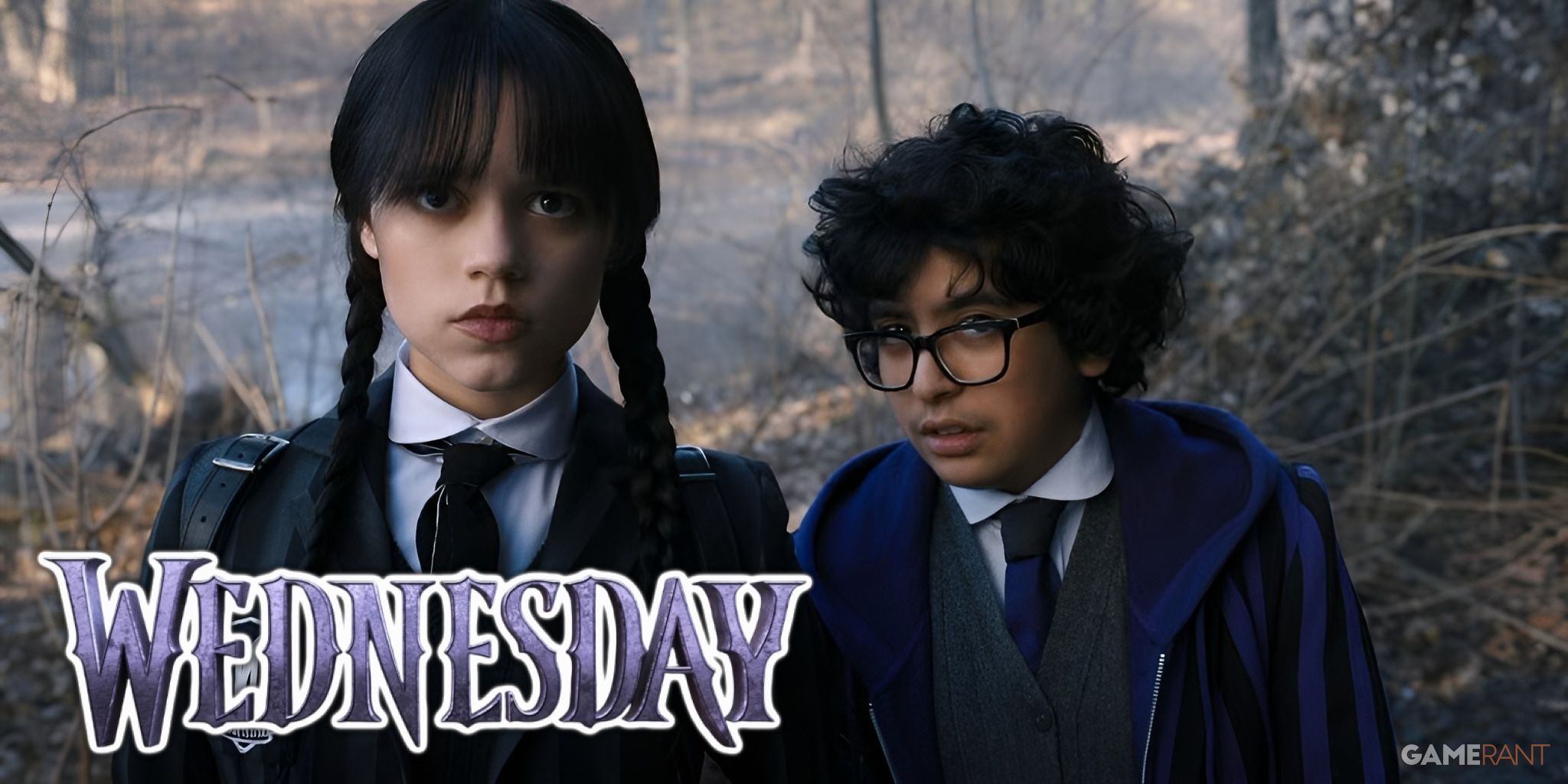Why Game of Thrones Remains a Landmark in Modern Television Fantasy

Game of Thrones is not just a television show—it's a cultural phenomenon that reshaped the fantasy genre and left a lasting mark on modern entertainment. With its intricate storylines, memorable characters, and groundbreaking production values, the series drew millions into the intricate politics and drama of Westeros. Even years after its controversial finale, the conversation around Game of Thrones is as alive as ever.
The Evolution of a Fantasy Giant
From the moment Game of Thrones premiered, audiences were captivated by its realistic portrayal of medieval intrigue, unexpected plot twists, and willingness to subvert expectations. The show quickly became known for introducing a sprawling cast and killing off even its most beloved characters without warning. This bold storytelling, combined with a richly designed world, set a new bar for what television could achieve.
Throughout its eight seasons, Game of Thrones offered viewers everything from epic battles to intense character arcs. Notably, the show's strength was in balancing action-packed moments with nuanced dialogue, creating emotional depth that set it apart from other fantasy titles.
Which Seasons Stood Out?
Not all seasons of Game of Thrones were received equally. The discussion about the series' high and low points continues among fans and critics. According to a definitive ranking of all eight seasons, the consensus points to seasons 4 and 6 as the peak of the series. These seasons masterfully blend action, political intrigue, and character development, highlighting why Game of Thrones became such a success story.
Later seasons, particularly 7 and 8, faced criticism for rushed plots and a sense of prioritizing spectacle over substance. However, even these chapters featured memorable moments and standout episodes such as "The Long Night." For deeper insight into what made each season special—or divisive—explore all the details here.
Unforgettable Season Finales
One hallmark of Game of Thrones has been its powerful season finales. Each concluding episode left fans yearning for more, with surprising deaths, shocking betrayals, and major revelations. A full ranking of these finales highlights the best and worst closing chapters. For instance, "The Winds of Winter" in season 6 was acclaimed for its cinematic storytelling, particularly Cersei Lannister's legendary revenge. Meanwhile, the final episode, "The Iron Throne," remains a hot topic due to its divisive reception among viewers.
Lessons from Behind the Scenes
The creative journey of Game of Thrones was not without its regrets. Showrunners David Benioff and D.B. Weiss recently shared their thoughts on what they would have done differently. Surprisingly, their main regret wasn't about the polarizing finale but rather the absence of a fan-favorite minor character's return. For a fascinating perspective on the creators' reflections and what they wished they had changed, take a look at this exclusive discussion.
The Enduring Legacy of Game of Thrones
Game of Thrones still inspires fierce debate, fan theories, and spin-offs such as House of the Dragon. Its legacy includes not only storytelling innovation but also the launch of new stars and a transformation of how audiences engage with television. Whether you loved the ending or wished for something different, there's no denying the influence this show had on fantasy and mainstream pop culture alike.
Conclusion: Why Westeros Still Matters
Game of Thrones remains the benchmark for what fantasy television can accomplish. Its world-building, attention to character, and dramatic climaxes have left an indelible mark. If you’re looking for more in-depth rankings, episode highlights, or a critical look at how each season wrapped up, don't miss these authoritative resources and finale breakdowns. For those intrigued by behind-the-scenes stories and the creators’ thoughts, there’s much more to discover about what made—and shaped—the legend of Game of Thrones.